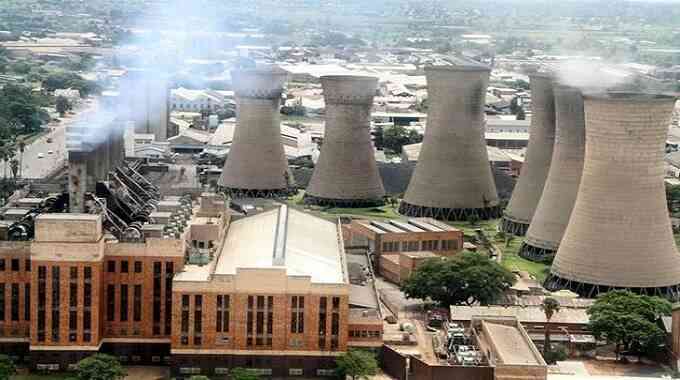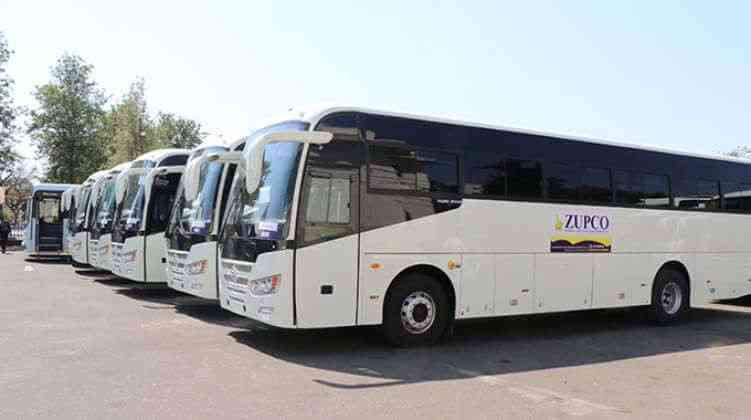
OPPOSITION Citizens Coalition for Change (CCC) members have demanded timelines on government’s plans to revive closed Bulawayo industries.
Bulawayo used to be termed the country’s industrial hub, providing employment to millions of citizens.
Over the years, the city’s industrial areas have turned into ghost sites, after a number of companies either closed altogether, relocated to Harare or other cities or downsized operations.
In Parliament, Lobengula-Magwegwe lawmaker Tendai Nyathi (CCC) demanded answers on government’s plans to turnaround the city’s fortunes.
“What plans does the government have in terms of resuscitating Bulawayo as a business hub, particularly looking at the State of the Nation Address which was given by the President?” Nyathi said.
Acting leader of government business, Lands, Agriculture, Water, Fisheries and Rural Development minister Anxious Masuka, however, attributed the closure of a number of companies in the city to sanctions.
“Indeed Bulawayo, the City of Kings and Queens, historically and geographically, is the engine in terms of business for the country and appropriately entities such as the National Railways of Zimbabwe have headquarters there,” he said.
“These sanctions visited at the behest of others among us. This is the consequence of such actions that the generality of Zimbabweans have been affected, many are out of work.
- Chamisa party defiant after ban
- Village Rhapsody: How Zimbabwe can improve governance
- News in depth: Partisan police force persecutes opposition, shields Zanu PF rogue elements
- Chamisa chilling death threat bishop defiant
Keep Reading
“We are also seized as government in providing, assisting the City of Bulawayo to provide the requisite services, inclusive of water, to ensure that when this industrialisation happens, the services will be available.”
Nyathi demanded timeframes, but Masuka insisted that a plan was in place.
Mbizo legislator Cobarn Madzivanyika (CCC) said it was clear that the government had no plan to revive Bulawayo industries.
“I am concerned about the continued blame on sanctions as a cause for lack of industrialisation in this country. The question, therefore, Madam Speaker, is which sanctions the minister indicated that we could not industrialise because of sanctions,” Madzivanyika said.
“The essence of a supplementary [question] is to find clarity on that issue which he says is causing challenges in terms of industrialisation and that is where my question is.”
Zanu PF blames sanctions for wreaking havoc on the economy and making the citizens poor.
However, the United States denies the claims and accuses government authorities of corruption and mismanaging the economy.











